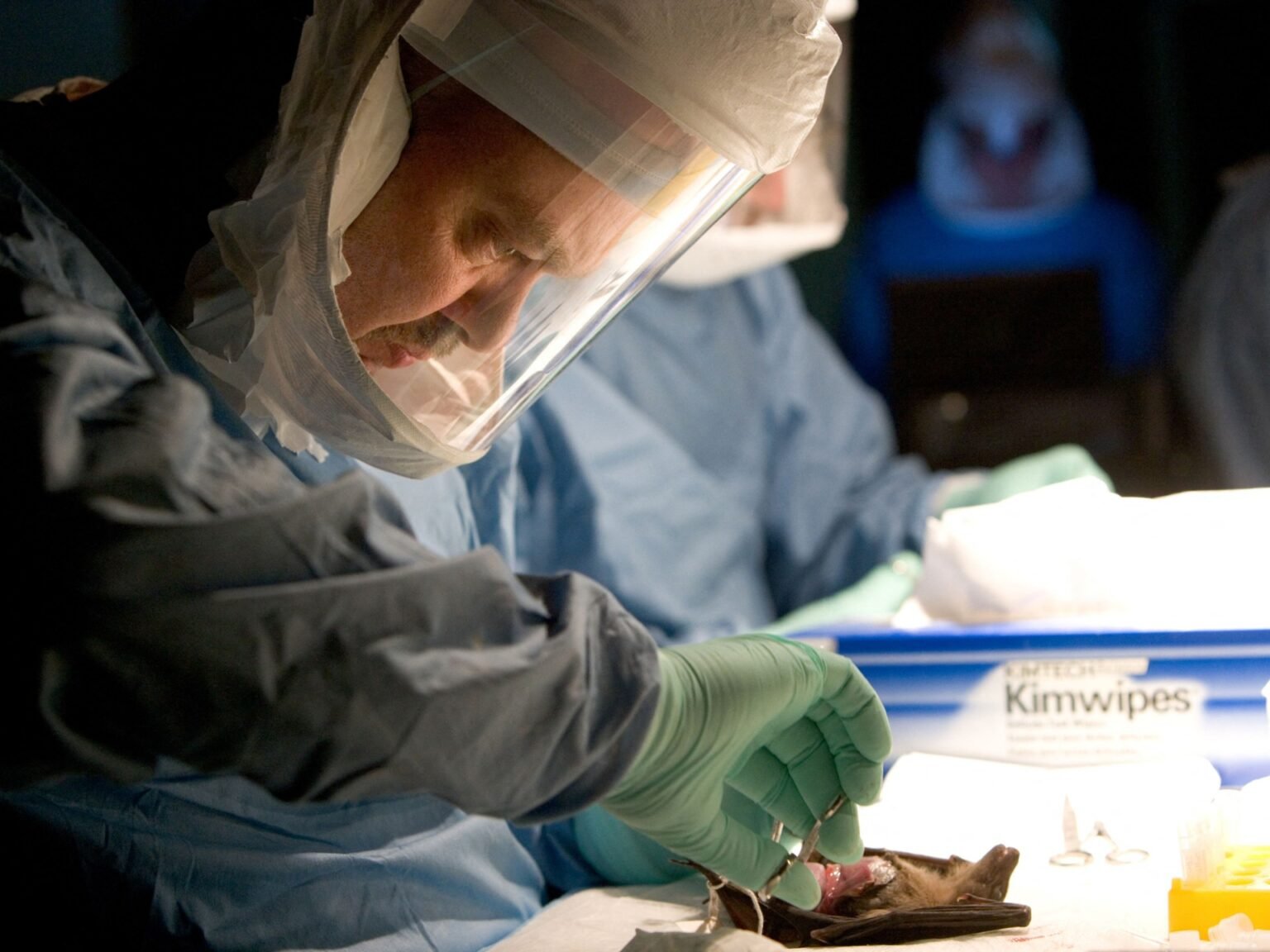Rwanda has recently announced that it has started administering vaccine doses against the Marburg virus in response to an outbreak in the East African country. The Marburg virus, which is similar to Ebola, has already claimed the lives of 12 people in Rwanda since the outbreak was declared on September 27. The source of the outbreak has not yet been confirmed. In order to combat the spread of the virus, the government has decided to prioritize the vaccination of those who are most at risk and most exposed, including healthcare workers and close contacts of confirmed cases.
Health Minister Sabin Nsanzimana stated that the vaccinations would focus on healthcare workers who are working in treatment centers, hospitals, ICUs, and emergency departments. The country believes that vaccines will be a powerful tool in stopping the spread of the virus. Rwanda has already received vaccine shipments from the Sabin Vaccine Institute in preparation for the vaccination campaign. As of now, there are 46 confirmed cases of the Marburg virus in Rwanda, with 29 of them in isolation. Health authorities have identified at least 400 individuals who had contact with confirmed cases and are closely monitoring them for any signs of infection.
The Marburg virus is believed to originate in fruit bats and primarily spreads between people through close contact with the bodily fluids of infected individuals or contaminated surfaces. Without proper treatment, the Marburg virus can be fatal in up to 88 percent of individuals who contract the disease. Symptoms of Marburg include fever, muscle pains, diarrhea, vomiting, and extreme blood loss, often resulting in death. Currently, there is no authorized vaccine or treatment available for the Marburg virus. Previous outbreaks and individual cases of Marburg have been recorded in countries such as Tanzania, Equatorial Guinea, Angola, the Democratic Republic of the Congo (DRC), Kenya, South Africa, Uganda, and Ghana, according to the World Health Organization.
The vaccination campaign in Rwanda marks a significant step in combating the Marburg outbreak and preventing further spread of the virus. By prioritizing those who are most at risk and exposed, such as healthcare workers and close contacts of confirmed cases, the government aims to contain the outbreak and protect the population from the deadly virus. With the support of vaccine shipments and collaboration with health authorities, Rwanda is taking proactive measures to address the Marburg outbreak and ensure the safety and well-being of its citizens.
As the situation continues to unfold, health officials and experts will closely monitor the effectiveness of the vaccination campaign and the impact on preventing the spread of the Marburg virus. It is crucial for the government to continue prioritizing the vaccination of at-risk individuals and implementing strict preventive measures to control the outbreak. By learning from past experiences and working collaboratively with international organizations, Rwanda can hopefully contain the outbreak and prevent the further spread of the Marburg virus within its borders and beyond.












